Indian opposition to boycott ‘hate-filled’ cable news anchors
2 min readIndian opposition parties have pledged to boycott several television news anchors they accuse of spreading hate and partisanship towards Prime Minister Narendra Modi’s Hindu nationalist government.
Activists and rights groups have sounded the alarm on press freedoms since Modi’s Bharatiya Janata Party (BJP) took office in 2014.
Opposition politicians have accused India’s clamorous cable news shows of being in thrall to the BJP’s agenda, including polarising segments on Muslim and Christian minorities.
“We do not want to legitimise this hate-filled narrative which is corroding our society,” Congress party spokesman Pawan Khera said in a Thursday video statement.
“We will not partake in these showrooms of hate.”
Congress is in an alliance of more than two dozen parties that are hoping to provide a unified alternative to the BJP ahead of national elections next year.
Modi’s party is widely expected to win.
The opposition bloc said its members would not appear on the programmes of 14 anchors, including some of India’s most popular TV news personalities.
Raucous and combative debate programmes are a staple of Indian cable news, with sometimes a dozen or more panellists battling onscreen for a sliver of attention.
Opposition parties have long accused networks of failing to adhere to basic standards of impartiality and of unfairly casting their activities in a negative light.
Sudhir Chaudhary of broadcaster Aaj Tak, one of those named in the boycott, ridiculed the alliance for lashing out at hosts who “refused to lick their boots”.
But he also cautioned that the refusal of opposition lawmakers to face critical questions had put news outlets in a “dangerous situation”.
“Indian media should now respond to this with full force and unity,” he added.
Since Modi took office, India has slipped 21 places in the Reporters Without Borders (RSF) global press freedom ranking and is now 161st out of 180 surveyed countries.
Journalists who do report critically on the government often find themselves behind bars and hounded on social media by supporters of the BJP, which has established itself as India’s dominant political force by championing Hindu identity.
Indian tycoon Gautam Adani, a long-time associate of the prime minister, last year secured a majority stake in broadcaster NDTV, until then seen as the last major critical voice on television.
RSF described the takeover as signalling “the end of pluralism in the mainstream media”.
Amit Malviya, a politician in charge of the BJP’s social media outreach, said the boycott reflected positively on the anchors it targeted.
“They should wear it as a badge of honour,” Malviya posted on X, formerly known as Twitter.
“More power to them.”
For the latest news, follow us on Twitter @Aaj_Urdu. We are also on Facebook, Instagram and YouTube.
















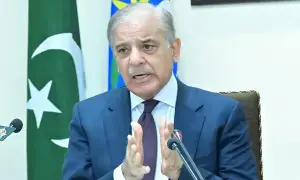

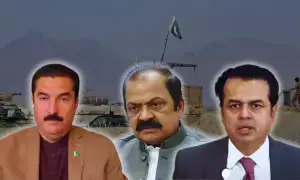


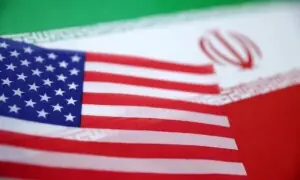
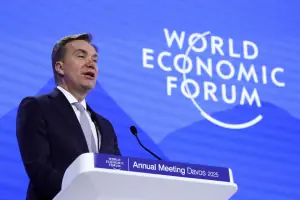

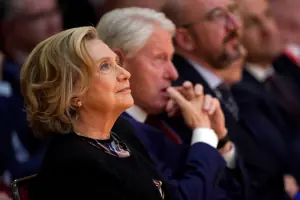
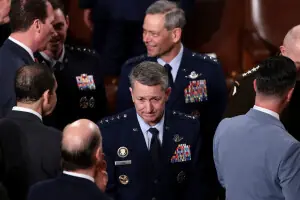
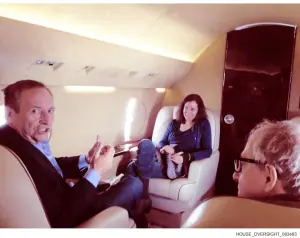
Comments are closed on this story.